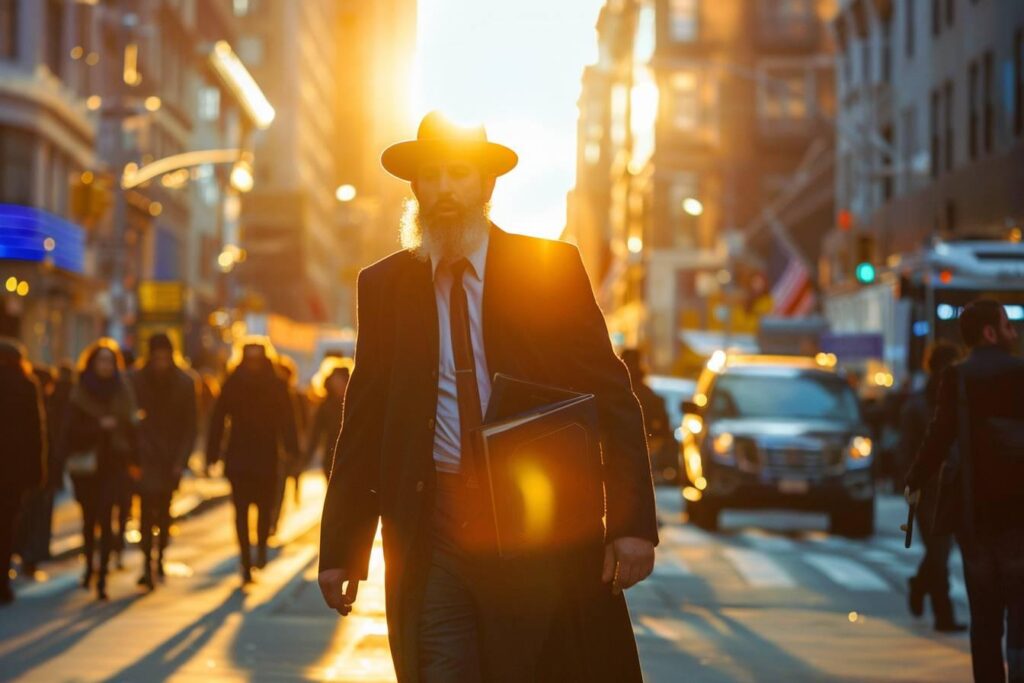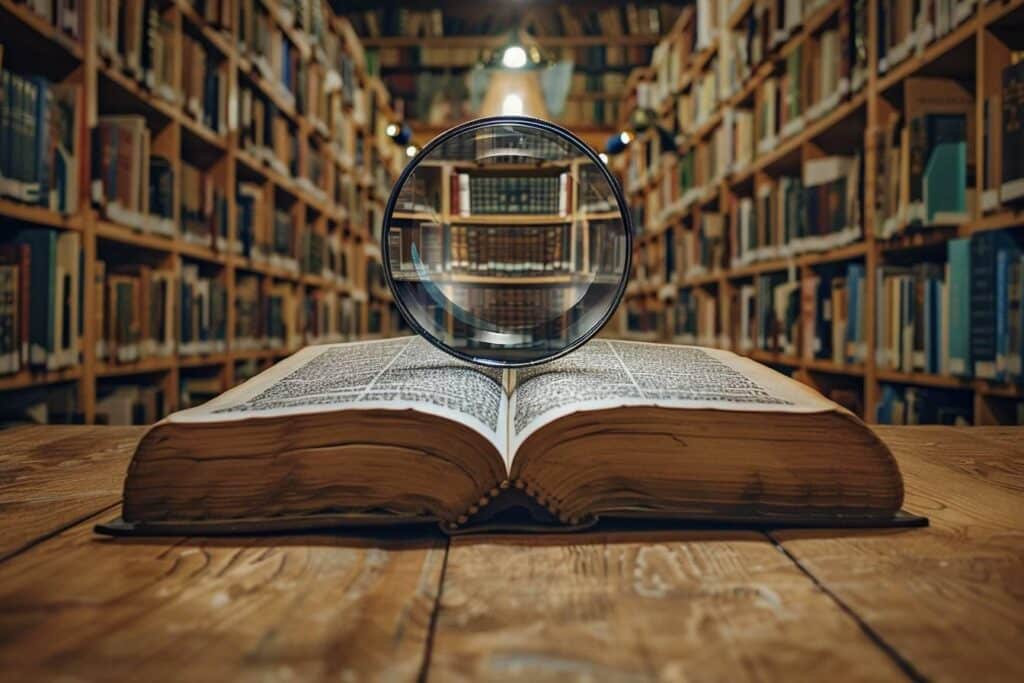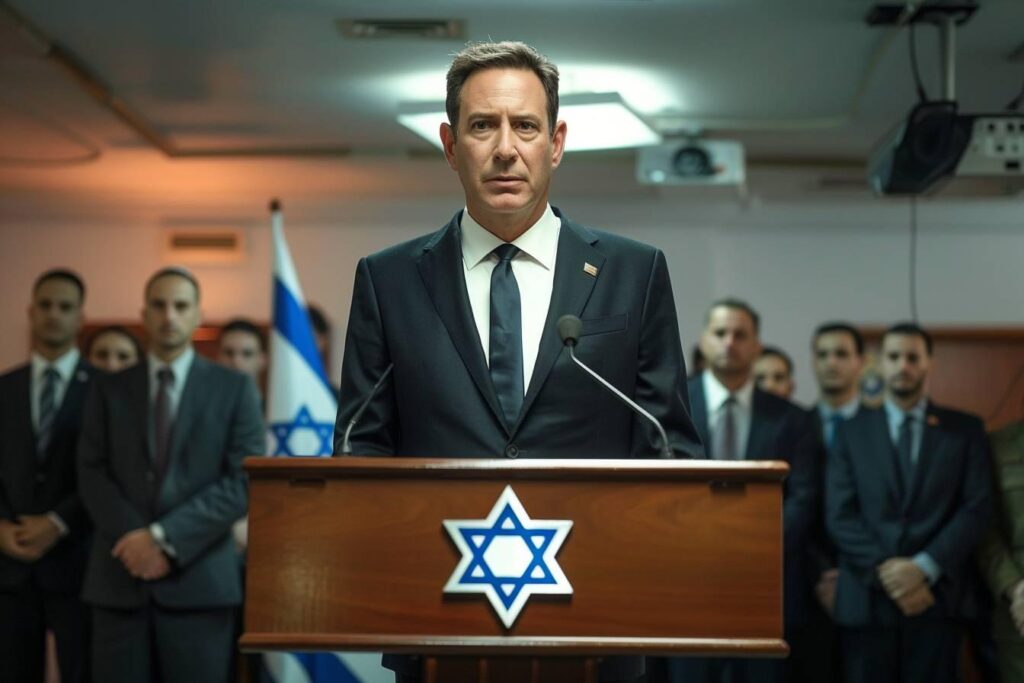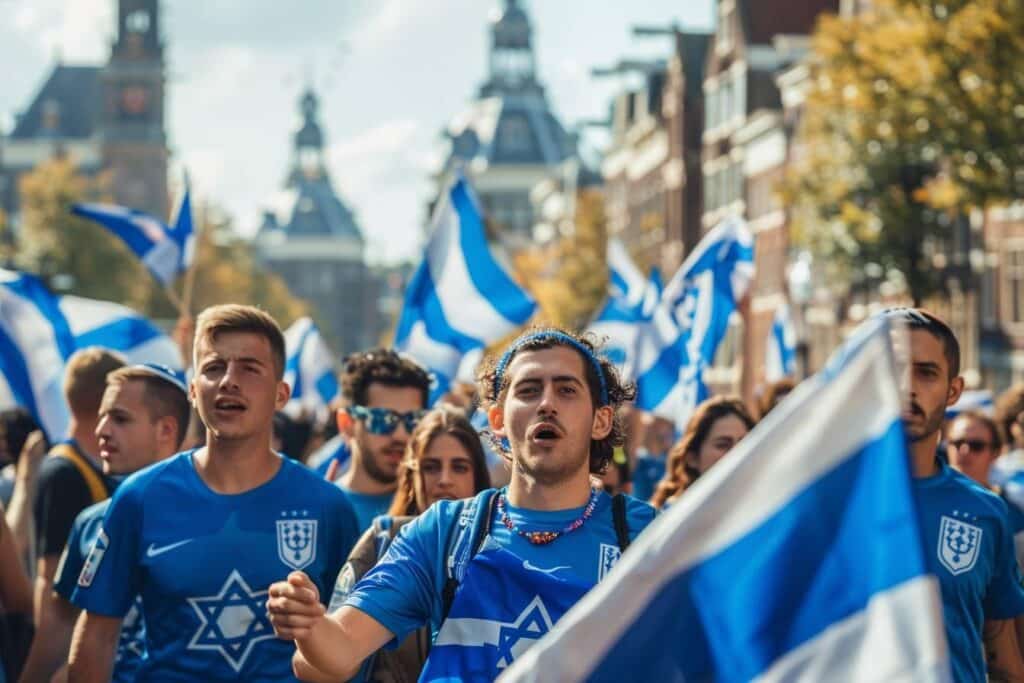Amidst Rising Antisemitism, Chicago’s Jewish Community Calls for Action and Awareness
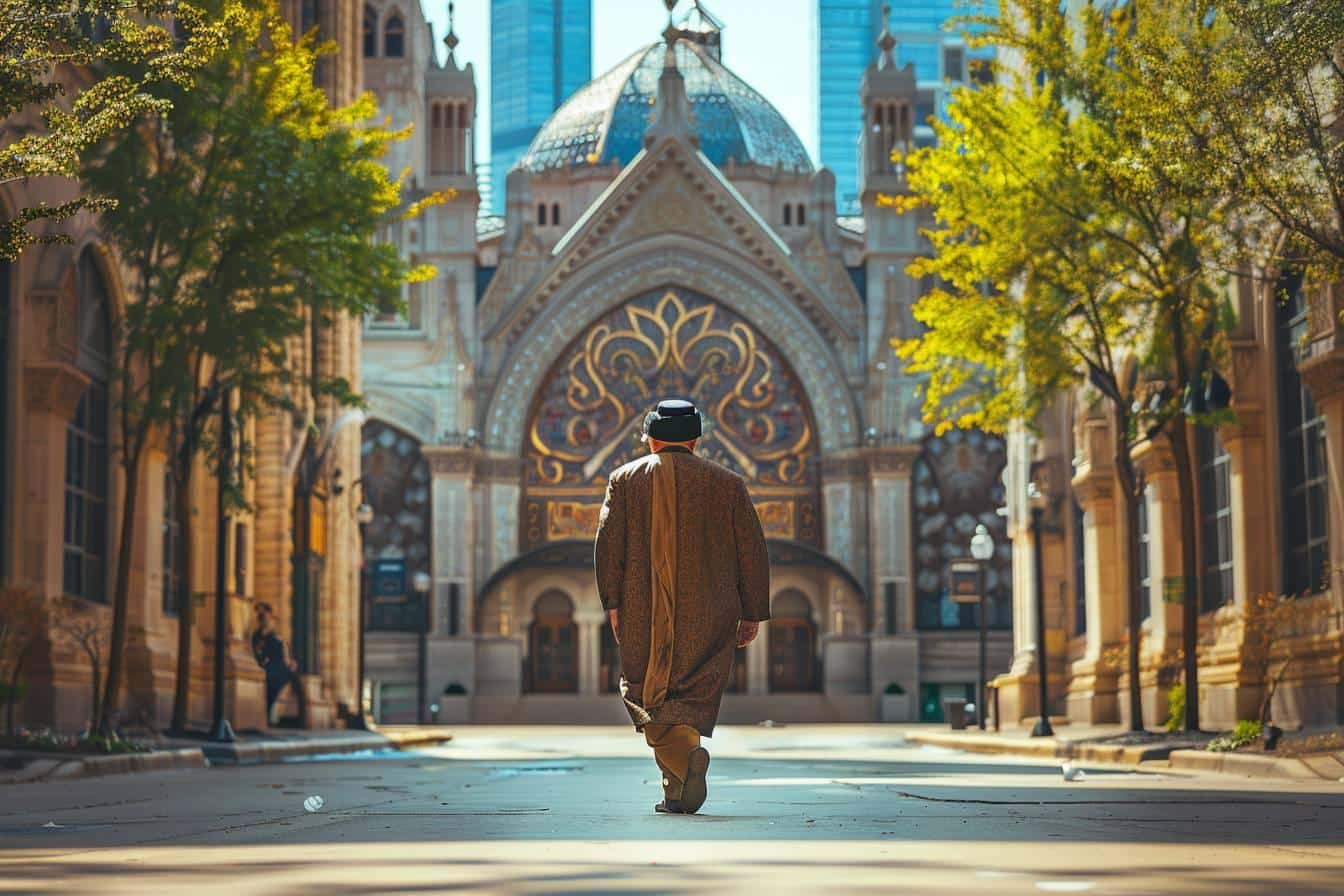
In the quiet of an early Saturday morning in Chicago’s West Rogers Park, a neighborhood known for its vibrant Orthodox Jewish community, tranquility was shattered by the sound of gunfire. A 39-year-old Jewish man was shot in the back while walking to his synagogue, sparking fears and outrage among local residents and leaders. The incident has not only left physical scars but also deep communal wounds as questions about safety and antisemitism come to the fore.
The Incident: A Snapshot of Fear
Details from the scene describe a chilling sequence of events. According to witnesses, the 23-year-old assailant shouted “Allahu Akbar” as he engaged in a gunfight with responding police officers. After initially fleeing, he returned to an alley close by, where he continued his assault by firing at an ambulance. In a tense confrontation that ensued, police critically wounded him. The shooter is currently hospitalized.
The Jewish victim, fortunately, survived the attack after being treated for a shoulder wound and has been discharged from the hospital. However, the emotional and psychological toll on him and the community at large remains significant.
A Community on Edge
While physical injuries can heal, the sense of security once felt by the members of this tight-knit community has been profoundly shaken. Sarah Goldstein, a local school teacher and lifelong area resident, expressed her distress: “This is a place where we’ve always felt safe to practice our faith openly. Now, there’s a palpable sense of fear. Parents are scared to let their kids walk to school alone.”
The response from law enforcement has done little to assuage these fears. The reluctance by Chicago police to immediately address the potential antisemitic motive behind the shooting has been met with frustration and anger from local Jewish leaders. Rabbi Joseph Eckstein, a prominent figure in the community, stated, “Acknowledging the victim’s religious identity is crucial. It’s not just about one individual; it’s about recognizing what this act represents — an attack on all of us.”
The Bigger Picture: Rising Antisemitism
This incident is not isolated but part of a disturbing trend across the United States. The Anti-Defamation League (ADL) reported a record number of antisemitic incidents in 2020, highlighting a growing wave of hatred targeting Jews.
- Educational Efforts: Schools and universities are pivotal arenas for combating ignorance about Judaism and antisemitism. Educational programs designed to foster understanding and respect can dismantle stereotypes and build bridges among diverse communities.
- Security Measures: For synagogues, schools, and community centers, enhanced security protocols are no longer optional but necessary. This includes physical security measures like surveillance cameras and guards, as well as training for staff and congregants on how to respond to threats.
- Legislative Action: Stronger hate crime laws and better enforcement are critical. Legislation that clearly defines hate crimes and provides for stringent penalties can be a powerful deterrent against acts of hatred.
- Community Solidarity: Building coalitions with other minority communities who have faced similar challenges can amplify voices against bigotry. Unity in action can lead to more substantial change both locally and nationally.
Moving Forward: Resilience and Hope
In the face of adversity, the Jewish community in West Rogers Park remains resilient. Plans are underway for an interfaith vigil to honor the victim and show solidarity against hate crimes. Rabbi Eckstein remains optimistic: “We will not be intimidated or deterred by acts of hatred. Our faith is strong, and our commitment to justice is unwavering.”
The road ahead is undoubtedly fraught with challenges, but it is also paved with opportunities for advocacy, education, and strengthening communal bonds. As this community demonstrates, resilience lies not just in enduring but in responding with hope and unity.
In conclusion, while the scars of such incidents are deep, they also serve as potent reminders of the need for vigilance and proactive engagement in combating antisemitism. For Chicago’s Jewish community—and indeed for communities across the nation—the call to action has never been clearer.
In Solidarity Against Hate
The alarming rise in antisemitic incidents calls for urgent action from all segments of society. It’s time to stand together against hate in any form. Let us draw strength from each other and move forward with resolve towards a future where respect for diversity and mutual understanding are pillars of our collective existence.
We owe it to ourselves—and future generations—to ensure that love triumphs over hate every time.
